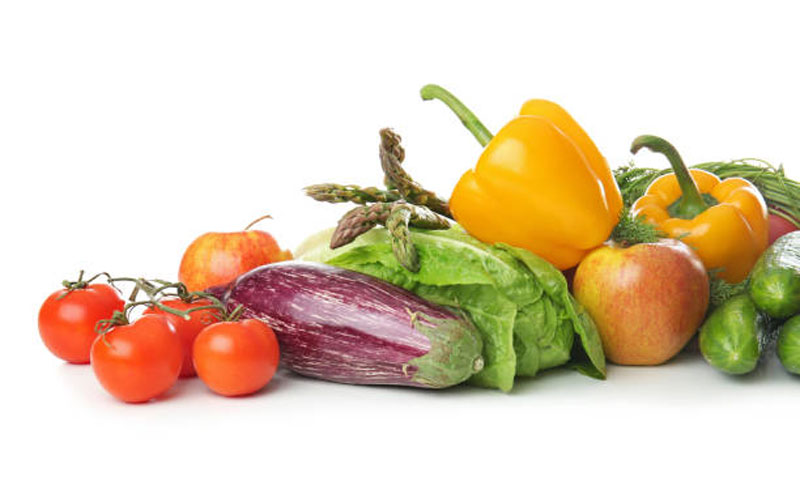 Sometimes the difference between a healthy smile and an unhealthy smile is what you are eating. Eating foods that are healthy, like fruits and vegetables, benefits more than your body, but also your teeth.
Sometimes the difference between a healthy smile and an unhealthy smile is what you are eating. Eating foods that are healthy, like fruits and vegetables, benefits more than your body, but also your teeth.
But, not all fruits and vegetables are equal, so how can we know which will be the more beneficial? We asked the team at The Smilist Dental for their recommendations and here is what we learned.
Fruits
Let’s start by taking a look at the most beneficial fruits that you can eat. While all fruits do contain nutrients that are good for your body, some do have more benefits for your teeth than others do. Citrus fruits are high in acid and can damage your dental enamel, but there are still good fruits, too.
- Apples: Apples are incredibly beneficial to your oral health. They contain a natural element that helps increase your mouth’s saliva. Saliva is your mouth’s natural cleaner, helping to prevent the build up of plaque on your teeth. This is really from the action of biting into raw apples, so you will not get the same effect from apple juice.
- Berries: Another great plaque fighter is berries. Berries contain anthocyanins, which can help keep bacteria from building up within your mouth. Bacteria are the source of tooth decay so the basic makeup of berries can help keep your mouth clean and healthy.
- Kiwi: Kiwi often gets lumped into the citrus fruit grouping, but it is actually in the berry family. While kiwis are full of fibre, they also have a high amount of bone-strengthening calcium. The calcium in the fruit will help neutralize the acids in your mouth and improve your enamel’s defences.
Vegetables
In addition to fruits that can help your teeth, there are also vegetables that are good for your teeth. You probably already know that eating vegetables is beneficial to your body, but here are some vegetables that benefit your smile as well.
- Leafy Greens: Leafy green vegetables include spinach, charge, cabbage, and kale are high in nutrients that are beneficial to your teeth, including beta carotene, Vitamin A, Vitamin C, calcium, magnesium, and phosphorus. In addition, chewing leafy greens can help naturally neutralize acids in your saliva and remove minor plaque from your teeth.
- Celery: Celery is another vegetable that is great for your teeth. It is fibrous, which can help remove plaque and bacteria from your teeth. It is also a great acid neutralizer, helping to keep the pH of your mouth balanced and healthy.
- Carrots: Another vegetable that is good for your teeth is carrots. Carrots contain a large amount of Vitamin A. They are also fibrous and can help stimulate your teeth and gums while helping remove plaque that might be on your teeth.
Oral Care
While eating well will help take care of your teeth, it is also important that you take the right steps to keep your smile as healthy as possible. This means that you should be brushing your teeth twice a day and flossing once a day. You should also be visiting your dental hygienist at least twice a year for cleanings, and once a year for an oral exam.
Maintaining the cleanliness and health of your teeth will prevent dental issues from developing, but paying regular visits to the dentist also means preventing problems that might be just beginning or catching issues before they have turned into something larger.
Never take your smile’s health for granted. Having a healthy smile can improve your overall health as well as your impression on the world around you.

